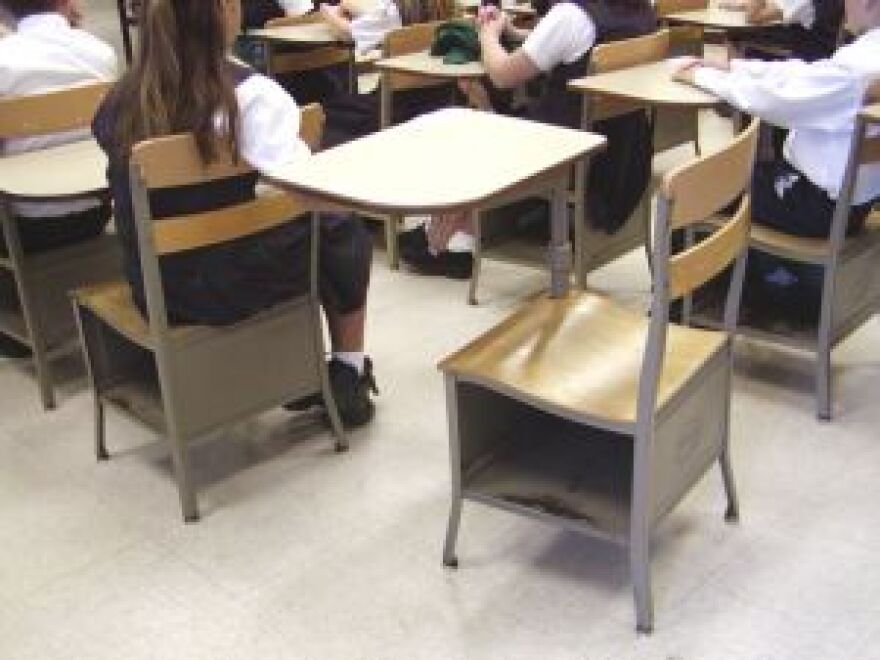While St. Louisans celebrated our past this week, the news held hints of our future. Most significant was a proposal from state education officials to revamp how they deal with troubled districts.
Long term, the proposal would allow state officials to intervene early and with a range of approaches. Short term, the state board took financial control of the Normandy schools – a move that caught district officials by surprise.
Yes, the long-term plan is just a proposal at this stage. The public, the state board and the legislature all will play roles in determining whether it’s amended, adopted and adequately funded. Still, this week marks a milestone in the state’s long debate over school quality and inequality.
To understand the significance of what happened, it helps to ask some underlying questions:
- What’s the right balance of state and local control?
- How can you meet the immediate needs of current students while building long-term district success?
- Who should pay for improvements in education – and how much?
- What beyond money does it take to provide a good education for all?
Dale Singer’s coverage of this week’s proposal explored how it addresses some of these key questions. As to the balance of state and local power, the move in Normandy puts the state essentially in charge. That may be as much a nod to political reality as it is a matter of educational philosophy. To avert bankruptcy, Normandy needs emergency funds from the state, and the legislature may be more likely to approve the money if local officials don’t control the purse strings.
The second question – how to meet immediate student needs while strengthening districts – is of urgent importance to those now involved in the student transfer program. Sending districts say the transportation and tuition costs drain resources that could be used for improvement. Yet for parents and students, transfers offer an immediate opportunity for a better education. State education officials hope their new plan will avert district failures so that students don’t have to transfer out to get a good education.
The last two questions – about funding and results – are the most difficult. Missouri has a track record of below average funding and so-so results. Changing that will take a commitment that runs from Jefferson City through every local district. And it will require a transformation in mindset to embrace the idea that each of us – whether we live in a thriving or failing school district – have a stake in the success of all students.
In the early days of the student transfer controversy, some parents and politicians took the opposite approach, hunkering down to protect their districts against what they perceived as a threat. But cooler heads stepped up to say, “These are all our kids.” As education officials and legislators work through the urgent questions before them, we’ll see which attitude prevails.
In coming weeks, Dale and education reporter Tim Lloyd will continue to explain developments and put them in context. So will political reporters Marshall Griffin and Jo Mannies. News organizations are often praised for the scoops we break. But we should be judged as well for how much sense we make of complex issues. No issue has greater impact on the future of our state and region, and our work is dedicated to helping you make sense of the choices we face.




